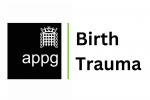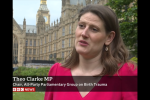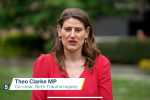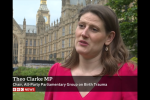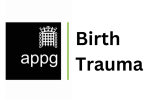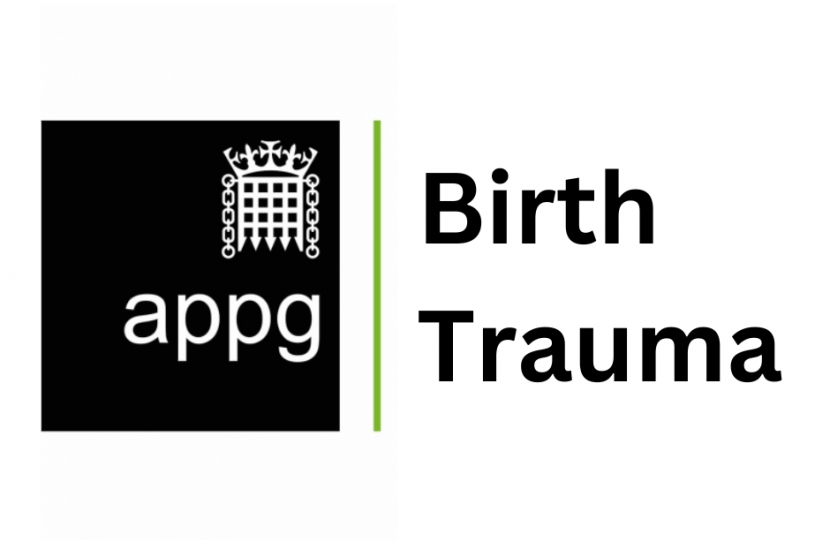
Welcome, I am delighted to announce the publishing of Listen to Mums: Ending the Postcode Lottery on Perinatal Care.
The Inquiry's report was launched on the 13th of May 2024 in the Palace of Westminster. This is the culmination of the APPG for Birth Trauma's work over the past nine months. Please find a link to the report at the bottom of this page.
If you wish to reference our report, please use the following citation:
All-Party Parliamentary Group on Birth Trauma Listen to Mums: Ending the Postcode Lottery on Perinatal Care (2024)
Background
On the 9th of January 2024, the All-Party Parliamentary Group (APPG) on birth trauma in the UK Parliament set up an inquiry to investigate the reasons for traumatic birth and to develop policy recommendations to reduce the rate of birth trauma. Research shows that about 4-5% of women develop post-traumatic stress disorder (PTSD) after giving birth – equivalent to approximately 25,000-30,000 women every year in the UK. Studies have also found that a much larger number of women – as many as one in three – find some aspects of their birth experience traumatic. Birth Trauma affects 30,000 women across the country every year. 53% of women who experienced birth trauma are less likely to have children in the future and 84% of women who experienced tears during birth, did not receive enough information about birth injuries ahead of time.
The cross-party inquiry was led by Theo Clarke MP and Rosie Duffield MP and aims to find out more about the experiences of women who have been affected by traumatic birth. The inquiry gathered written and oral evidence to inform the policy report which includes practical policy recommendations for the UK Government. Seven sessions to hear evidence ran on consecutive Mondays in Parliament between the 5th of February and the 18th of March 2024.
The inquiry invited written submissions both from parents and from professionals who work in maternity. It was open to everyone in the UK, and we particularly welcomed submissions from people from marginalised communities such as those who were racially minoritised, LGBT, economically disadvantaged, homeless, asylum seeking or displaced, care experienced, neurodivergent or facing any other circumstances which means their voice was less likely to be heard.
The Inquiry objectives were to:
1. Identify common features in maternity care (antenatally, during labour and birth, and postnatally) that contribute to birth trauma.
2. Highlight examples of good practice, both in the quality of maternity care and in providing support to women who have had traumatic birth experiences.
3. Look at the impact of birth trauma on women’s relationships, ability to bond with their baby and future decision-making (e.g. whether to have another baby, whether to return to work).
4. Find out whether current postnatal services to diagnose and treat women’s physical and mental health problems are up to scratch. This would include, for example, looking at whether severe obstetric tears are being diagnosed promptly, whether mental health problems are being identified at the six-to- eight-week check, and whether perinatal mental health teams are accepting and treating women within an appropriate time frame.
5. Develop parameters for understanding the possible economic cost of birth trauma, with a view to informing future research.
6. Influence government policy by identifying areas where maternity care could be improved to minimise birth trauma and by highlighting ways in which postnatal support can be optimised to meet women’s physical and psychological needs after traumatic birth.
